By Alex Edge · May 19, 2021
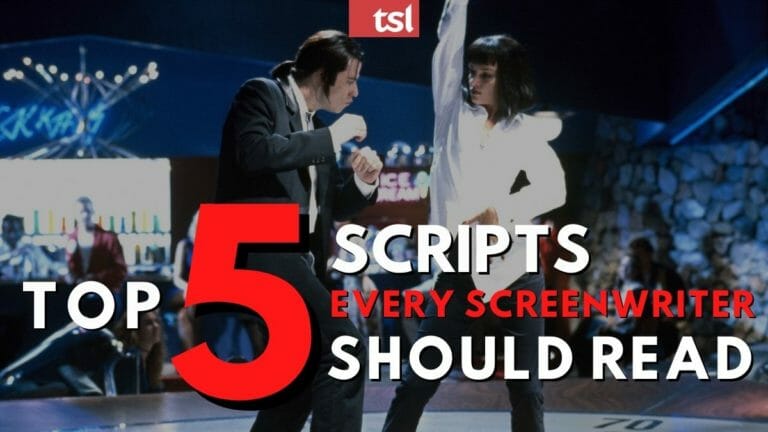
A great exercise that screenwriters can try is getting their hands on some great screenplays, then watching the films afterward to get an idea of what to write and how it translates on screen. (Sometimes watching the film alone can be too immersive to analyze!)
We have put together a list of 5 screenplays that we believe are most likely to teach you the most about what great scripts consist of, such as a solid, engaging story, natural dialogue, and multi-dimensional characters. Enjoy!
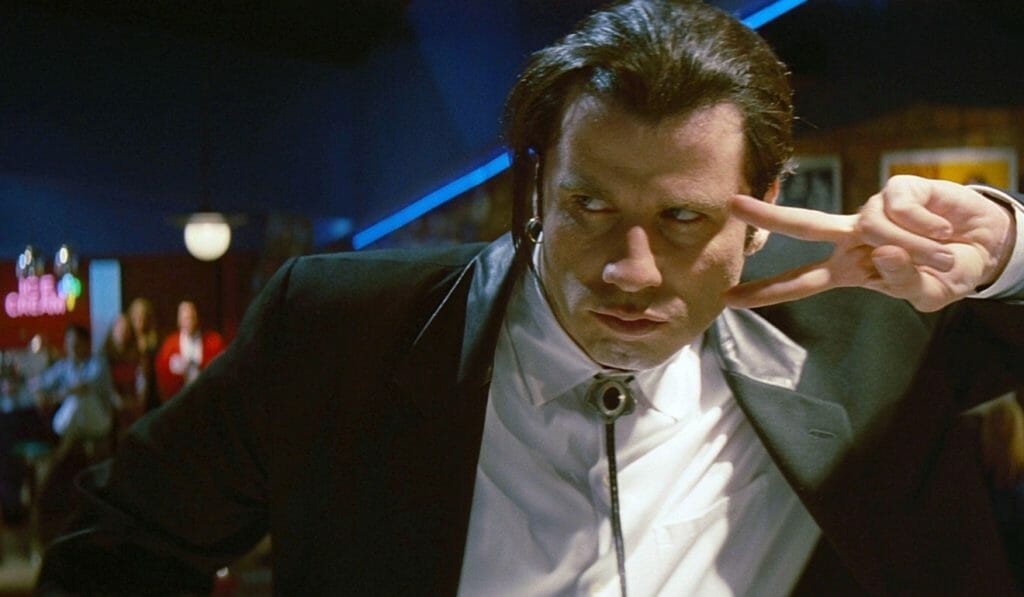
‘Pulp Fiction’
Vincent Vega (John Travolta) and Jules Winnfield (Samuel L. Jackson) are hitmen with a penchant for philosophical discussions. In this ultra-hip, multi-strand crime movie, their storyline is interwoven with those of their boss, gangster Marsellus Wallace (Ving Rhames) ; his actress wife, Mia (Uma Thurman) ; struggling boxer Butch Coolidge (Bruce Willis) ; master fixer Winston Wolfe (Harvey Keitel) and a nervous pair of armed robbers, “Pumpkin” (Tim Roth) and “Honey Bunny” (Amanda Plummer).
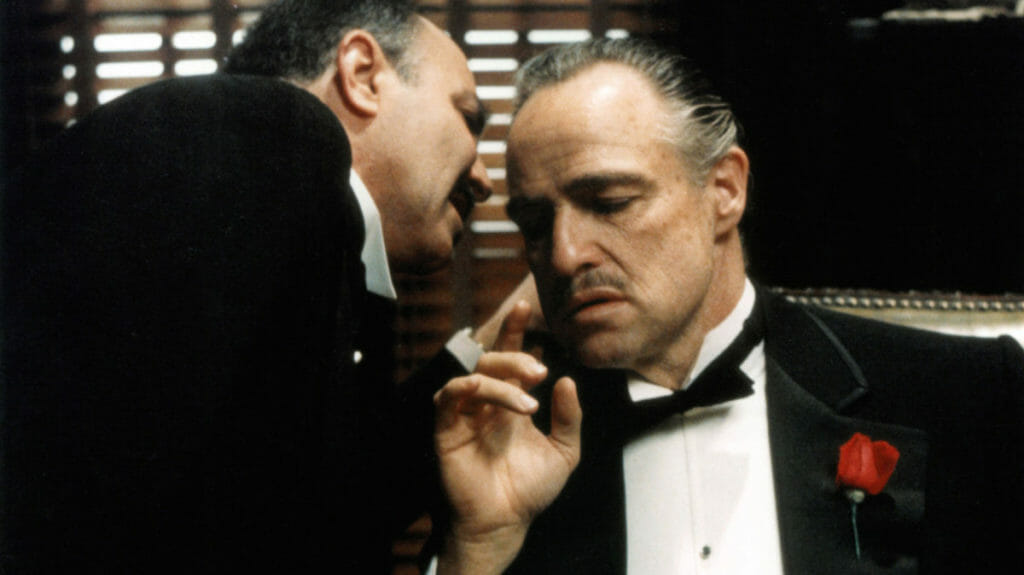
‘The Godfather’
The compelling sequel to “The Godfather,” contrasting the life of Corleone father and son. Traces the problems of Michael Corleone (Al Pacino) in 1958 and that of a young immigrant Vito Corleone (Robert De Niro) in 1917’s Hell’s Kitchen. Michael survives many misfortunes and Vito is introduced to a life of crime.
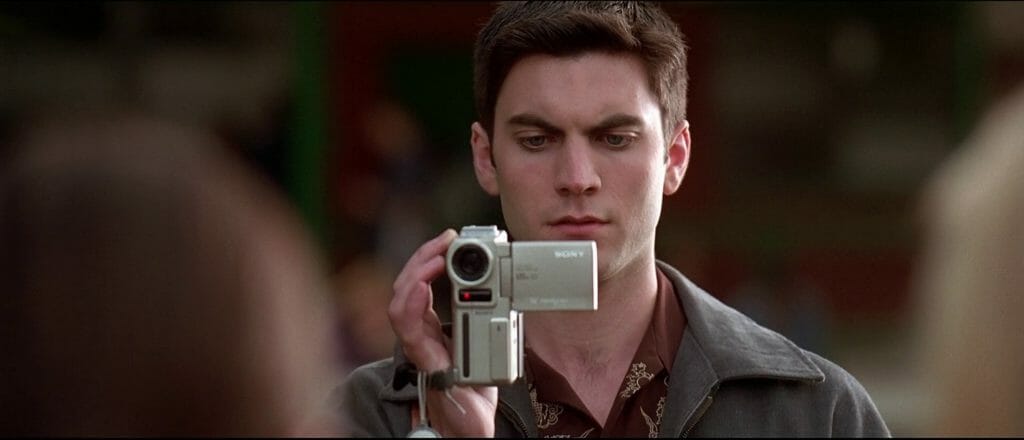
‘American Beauty’
A telesales operative becomes disillusioned with his existence and begins to hunger for fresh excitement in his life. As he experiences a new awakening of the senses, his wife and daughter also undergo changes that seriously affect their family. Critically acclaimed, this film won Oscars for Best Screenplay, Best Director, Best Actor and Best Film.
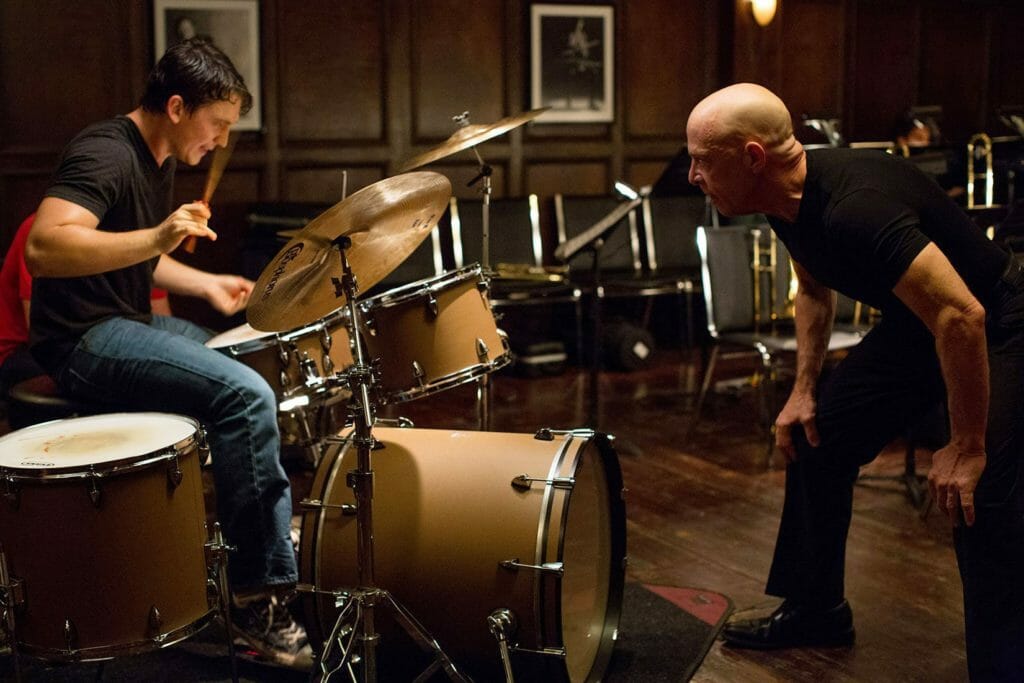
‘Whiplash’
Andrew Neiman (Miles Teller) is an ambitious young jazz drummer, in pursuit of rising to the top of his elite music conservatory. Terence Fletcher (J.K. Simmons), an instructor known for his terrifying teaching methods, discovers Andrew and transfers the aspiring drummer into the top jazz ensemble, forever changing the young man’s life. But Andrew’s passion to achieve perfection quickly spirals into obsession, as his ruthless teacher pushes him to the brink of his ability and his sanity.
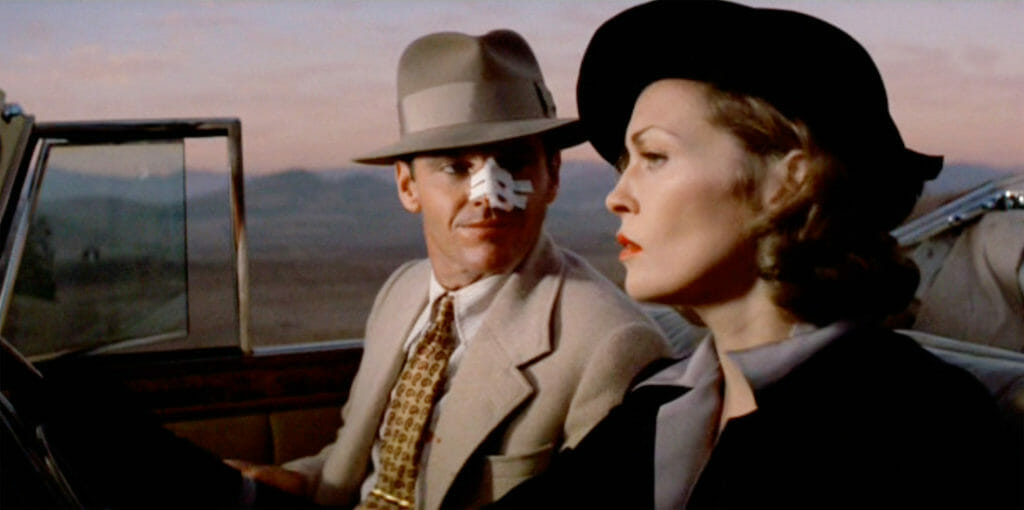
‘Chinatown’
When Los Angeles private eye J.J. “Jake” Gittes (Jack Nicholson) is hired by Evelyn Mulwray to investigate her husband’s activities, he believes it’s a routine infidelity case. Jake’s investigation soon becomes anything but routine when he meets the real Mrs. Mulwray (Faye Dunaway) and realizes he was hired by an imposter. Mr. Mulwray’s sudden death sets Gittes on a tangled trail of corruption, deceit and sinister family secrets as Evelyn’s father (John Huston) becomes a suspect in the case.
There are many facets to a great script which screenwriters should always be cognizant of when reading. A lot of the time, great screenplays have many common traits that can set it apart from the others, most notably being; characters, character desire, story, theme, dialogue, conflict and the antagonistic force.
After analyzing other scripts, it’s important to implement certain traits in your own script that you enjoyed reading/watching. This isn’t copying either, structure and techniques are solidified into history and have been used since Aristotle wrote Poetics (in 330BC)!
Here are some questions you can ask yourself after reading these scripts:
—
The Script Lab 2021 Screenplay Contest is now open and 100% FREE TO ENTER! Regular Deadline ends May 31st.
 Alex Edge has worked for companies such as MTV, Nickelodeon and Comedy Central. His roles and specialties in these companies lie in production and script consultancy. He currently works at Screenwriters Network as a director. Reading and writing scripts whenever he can!
Alex Edge has worked for companies such as MTV, Nickelodeon and Comedy Central. His roles and specialties in these companies lie in production and script consultancy. He currently works at Screenwriters Network as a director. Reading and writing scripts whenever he can!